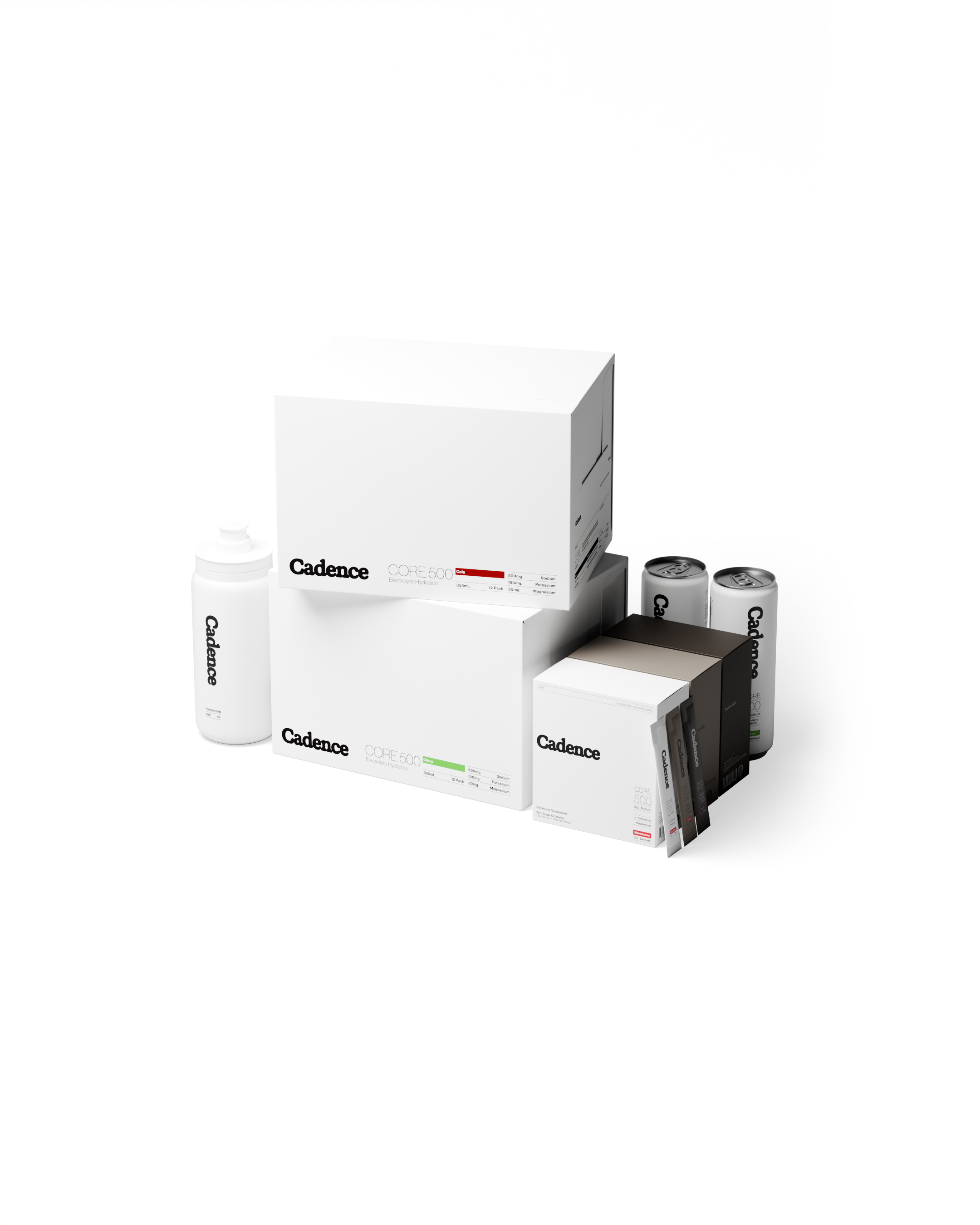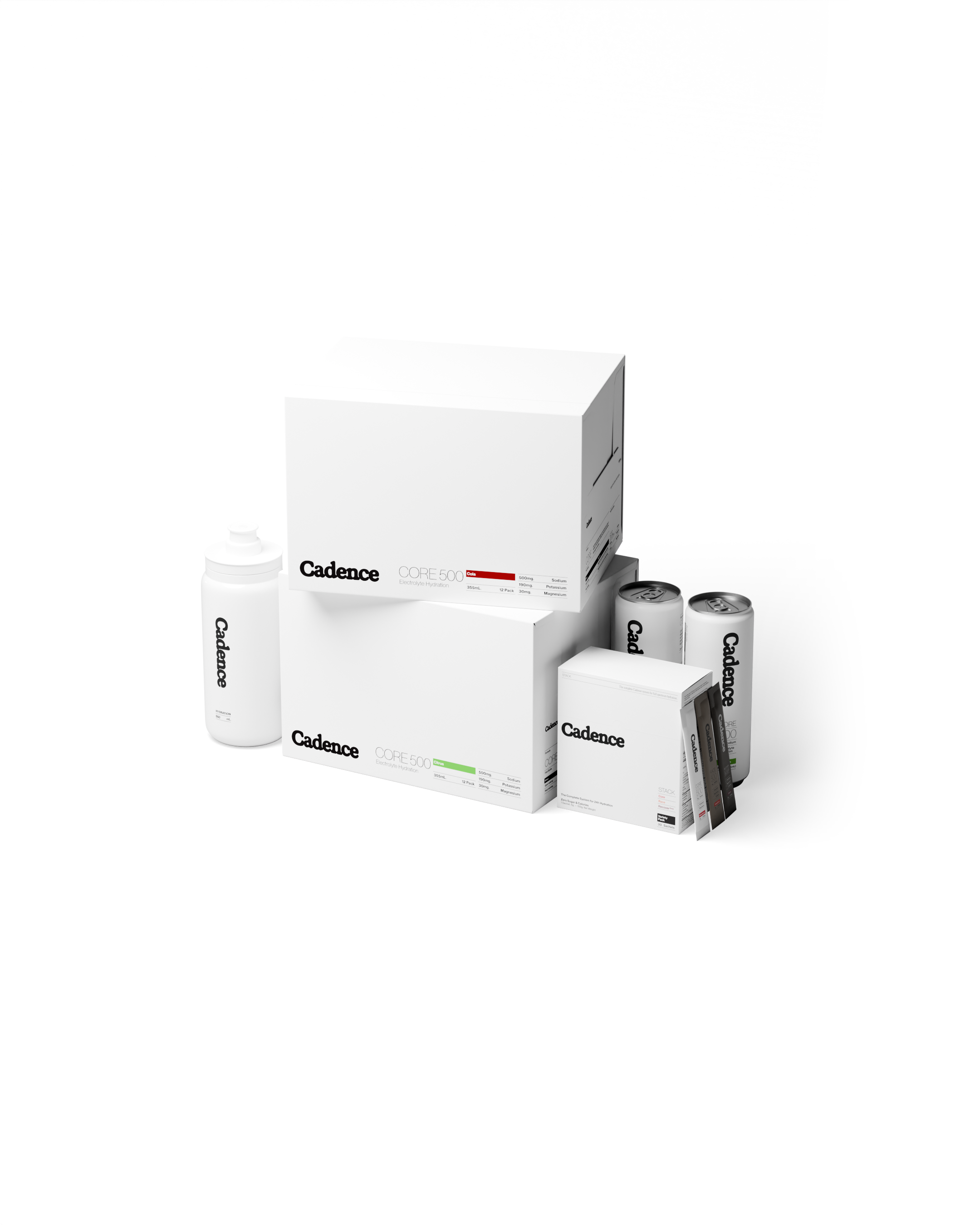Introduction
L-theanine is a naturally occurring amino acid, primarily found in tea leaves and some mushrooms. It is renowned for its potential to promote relaxation and stress reduction. This non-proteinogenic amino acid crosses the blood brain barrier, influencing neurotransmitter activity to help promote a state of calm without drowsiness.
Research suggests that L-theanine may significantly mitigate stress and anxiety levels. For instance, a study by Hidese et al., (2019) found that L-theanine supplementation reduced stress responses and improved sleep quality among individuals with major depressive disorder. Furthermore, another peer-reviewed study reported that L-theanine increased alpha brain wave activity, which is associated with a state of wakeful relaxation, thereby improving participants’ mental focus and cognitive performance (Gomez-Ramirez et al., 2008).
The synergistic effects of L-theanine and caffeine have also been documented to improve cognitive performance and mood, as highlighted in research by Einöther & Martens, (2013), this is discussed in length in our article on the synergistic relationship between Caffeine and L-Theanine. By supporting better sleep, reducing stress, and improving cognitive function, L-theanine can be a good supplement for those seeking to elevate their relaxed state, sleep and recovery.
How does L-Theanine Work
L-theanine exerts its stress reducing and relaxation promotes effects through several neurochemical mechanisms.
One pathway involves its action as an agonist for the N-methyl-D-aspartate (NMDA) receptor, which contributes to its psychotropic effects. By modulating the monoamine, glutamic acid, and glycine systems, L-theanine helps balance neurotransmitter levels that are vital for mood regulation and stress response. Notably, research published by Unno et al., 2018 has shown that L-theanine improves hippocampus function, which is vital for emotional regulation and cognitive performance.
L-theanine is absorbed from the intestinal tract and transported into the brain via the L-system at the blood-brain barrier. Once in the brain, L-theanine reduces the release of glutamate from the presynaptic neuron to the synaptic cleft, acting as a glutamine transporter.
This process lowers the incorporation of extracellular glutamine into neurons, thus reducing its conversion into glutamate. This reduction in glutamate levels may help prevent overstimulation of the hypothalamic-pituitary-adrenal (HPA) axis, which is often associated with stress and anxiety disorders. By modulating these neurochemical pathways, L-theanine may promote a state of calm and support better sleep quality, which has been shown by studies highlighting its role in reducing HPA axis alterations (Unno et al., 2018).
L-Theanine for Sleep
Current research on L-theanine supplementation highlights its effects on sleep quality. Various studies have examined the impact of different dosages, typically ranging from 100mg to 400 mg per day.
For example, a study published in 2019 investigated the effects of 200 mg of L-theanine daily on individuals with generalised anxiety disorder, finding a significant improvement in sleep efficiency by 9% and a reduction in sleep latency by 5% (Hidese et al., 2019).
Another study demonstrated that 250mg of L-theanine before bedtime improved subjective sleep quality scores by 15% in adults with moderate sleep disturbances (Lyons & Truswell, 1988).
Additionally, Lyon et al., (2011) indicated that a daily dose of 400 mg of L-theanine improved sleep efficiency and reduced nighttime awakenings by up to 20%.
L-Theanine Sleep Benefits & Research
In a study led by Kimura et al., (2007), participants were administered a single dose of 200 mg of L-theanine or a placebo, and their stress responses were measured through various physiological markers such as heart rate and salivary immunoglobulin A (sIgA) levels.
The results demonstrated that L-theanine significantly reduced heart rate and sIgA responses to an acute stress task compared to the placebo. Specifically, the L-theanine group showed a 20% reduction in heart rate and a 30% decrease in sIgA levels, indicating a substantial decrease in both psychological and physiological stress markers.
The results from a study by Nobre et al (2008) showed a dose-dependent increase in alpha brain wave activity, with the 200mg dose leading to a 20% increase in alpha waves, promoting a state of relaxation without causing drowsiness. In this study, participants were administered a single dose of 50mg, 100mg, or 200mg of L-theanine. These findings suggest that L-theanine can effectively reduce stress and promote relaxation, with higher doses providing more significant benefits.
Unno et al., (2016) looked at the impact of L-theanine supplementation on stress and cognitive functions. Participants in this study were given a daily dose of 200 mg of L-theanine for four weeks. The results indicated significant reductions in stress-related symptoms and improvements in sleep quality. Specifically, the study reported a 20% reduction in subjective stress scores and a 15% improvement in sleep efficiency compared to the placebo group. Additionally, participants showed enhanced cognitive functions, particularly in terms of improved reaction times and reduced mental fatigue.
How to use L-Theanine for Sleep & Stress Reduction
Current research on the optimal dosage and timing of L-theanine supplementation for sleep suggests that doses between 200mg and 400mg are most effective.
Studies indicate that taking L-theanine 30 to 60 minutes before bedtime can significantly improve sleep quality. For instance, a study led by Hidese et al., (2017) found that 200 mg of L-theanine taken daily before bed can improve sleep efficiency by 9% and reduce sleep latency by 5%.
Another study by Lyon et al., (2011) reported that a 400mg dose of L-theanine taken 60 minutes before bedtime improved sleep quality and reduced nighttime awakenings by up to 20%.
Dietary Sources of L-Theanine
L-theanine is primarily found in tea leaves, especially green tea, and certain types of mushrooms. Green tea is the richest dietary source, containing about 6-8 mg of L-theanine per cup (200ml).
To achieve a daily intake of 1g of L-theanine, one would need to consume approximately 125-167 cups of green tea. Additionally, certain mushroom species such as Boletus badius contain L-theanine, though in smaller amounts.
For instance, Boletus badius mushrooms provide about 2-4 mg of L-theanine per gram of dried mushroom (Juneja et al., 1999). Therefore, consuming around 250-500 grams of these mushrooms would be necessary to achieve a 1-gram intake of L-theanine. Given the high consumption requirements, many people prefer L-theanine supplements to meet their desired intake levels.
Conclusion
L-Theanine is a naturally occurring amino acid found in tea leaves and certain mushrooms, known and researched for its ability to promote relaxation and improve sleep quality without causing drowsiness. By modulating neurotransmitter activity and reducing stress responses, L-Theanine has been proven to increase sleep efficiency and reduce sleep latency, making it an effective compound to supplement for those wanting better sleep and cognitive performance.
Whilst you're here, be sure to take a look at our Sleep Hydration Sachets, which contain 200mg of L-Theanine per serving, as well as other sleep aid ingredients such as L-Tryptophan, Ashwagandha, L-Glycine, Magnesium, Zinc, Valerian Root Extract, and Vitamin B6. If you would like to sample our full range of electrolyte sachets, be sure to explore our variety pack of hydration sticks.
Frequently Asked Questions (FAQs)
What is L-Theanine and how does it promote relaxation?
L-Theanine is a naturally occurring amino acid found in tea leaves and some mushrooms. It promotes relaxation by influencing neurotransmitter activity in the brain, inducing a state of calm without causing drowsiness, and by increasing alpha brain wave activity, which is linked to a state of wakeful relaxation.
How does L-Theanine benefit sleep?
L-Theanine can improve sleep quality by improving sleep efficiency and reducing sleep latency. Research indicates that taking L-Theanine before bedtime can lead to significant improvements in how quickly one falls asleep and the overall quality of sleep, with some studies showing up to a 20% reduction in nighttime awakenings.
What is the recommended dosage and timing for taking L-Theanine for sleep improvement?
The optimal dosage for L-Theanine to improve sleep ranges from 200mg to 400mg, taken 30 to 60 minutes before bedtime. This timing helps maximise its effects on sleep quality, allowing for better sleep efficiency and a reduction in the time it takes to fall asleep.
Can L-Theanine reduce stress as well as improve sleep?
Yes, L-Theanine has been shown to significantly mitigate stress and anxiety levels. It works by modulating various neurochemical pathways, such as the NMDA receptor and glutamine systems, which help balance neurotransmitter levels crucial for mood regulation and stress response.
What are some dietary sources of L-Theanine?
L-Theanine is primarily found in green tea and certain types of mushrooms, such as Boletus badius. Green tea is the richest dietary source, containing about 6-8 mg of L-Theanine per cup. Due to the relatively low levels of L-Theanine in food sources, many people opt for supplements to achieve the desired intake for therapeutic effects.
References
Hidese, S., Ota, M., Wakabayashi, C., Noda, T., Ozawa, H., Okubo, T., & Kunugi, H. (2017). Effects of chronic l-theanine administration in patients with major depressive disorder: an open-label study. Acta neuropsychiatrica, 29(2), 72–79. https://doi.org/10.1017/neu.2016.33
Gomez-Ramirez, M., Kelly, S.P., Montesi, J.L. et al. The Effects of L-theanine on Alpha-Band Oscillatory Brain Activity During a Visuo-Spatial Attention Task. Brain Topogr 22, 44–51 (2009). https://doi.org/10.1007/s10548-008-0068-z
Einöther, S. J., & Martens, V. E. (2013). Acute effects of tea consumption on attention and mood. The American journal of clinical nutrition, 98(6 Suppl), 1700S–1708S. https://doi.org/10.3945/ajcn.113.058248
Unno, K., Furushima, D., Hamamoto, S., Iguchi, K., Yamada, H., Morita, A., Horie, H., & Nakamura, Y. (2018). Stress-Reducing Function of Matcha Green Tea in Animal Experiments and Clinical Trials. Nutrients, 10(10), 1468. https://doi.org/10.3390/nu10101468
Lyons, P. M., & Truswell, A. S. (1988). Serotonin precursor influenced by type of carbohydrate meal in healthy adults. The American journal of clinical nutrition, 47(3), 433–439. https://doi.org/10.1093/ajcn/47.3.433
Lyon, M. R., Kapoor, M. P., & Juneja, L. R. (2011). The effects of L-theanine (Suntheanine®) on objective sleep quality in boys with attention deficit hyperactivity disorder (ADHD): a randomized, double-blind, placebo-controlled clinical trial. Alternative medicine review : a journal of clinical therapeutic, 16(4), 348–354.
Kimura, K., Ozeki, M., Juneja, L. R., & Ohira, H. (2007). L-Theanine reduces psychological and physiological stress responses. Biological psychology, 74(1), 39–45. https://doi.org/10.1016/j.biopsycho.2006.06.006
Nobre, A. C., Rao, A., & Owen, G. N. (2008). L-theanine, a natural constituent in tea, and its effect on mental state. Asia Pacific journal of clinical nutrition, 17 Suppl 1, 167–168.
Unno, K., Hara, A., Nakagawa, A., Iguchi, K., Ohshio, M., Morita, A., & Nakamura, Y. (2016). Anti-stress effects of drinking green tea with lowered caffeine and enriched theanine, epigallocatechin and arginine on psychosocial stress induced adrenal hypertrophy in mice. Phytomedicine : international journal of phytotherapy and phytopharmacology, 23(12), 1365–1374. https://doi.org/10.1016/j.phymed.2016.07.006
Lekh Raj Juneja, Djong-Chi Chu, Tsutomu Okubo, Yukiko Nagato, Hidehiko Yokogoshi, L-theanine—a unique amino acid of green tea and its relaxation effect in humans, Trends in Food Science & Technology, Volume 10, Issues 6–7, 1999, Pages 199-204, ISSN 0924-2244, https://doi.org/10.1016/S0924-2244(99)00044-8. (https://www.sciencedirect.com/science/article/pii/S0924224499000448)
